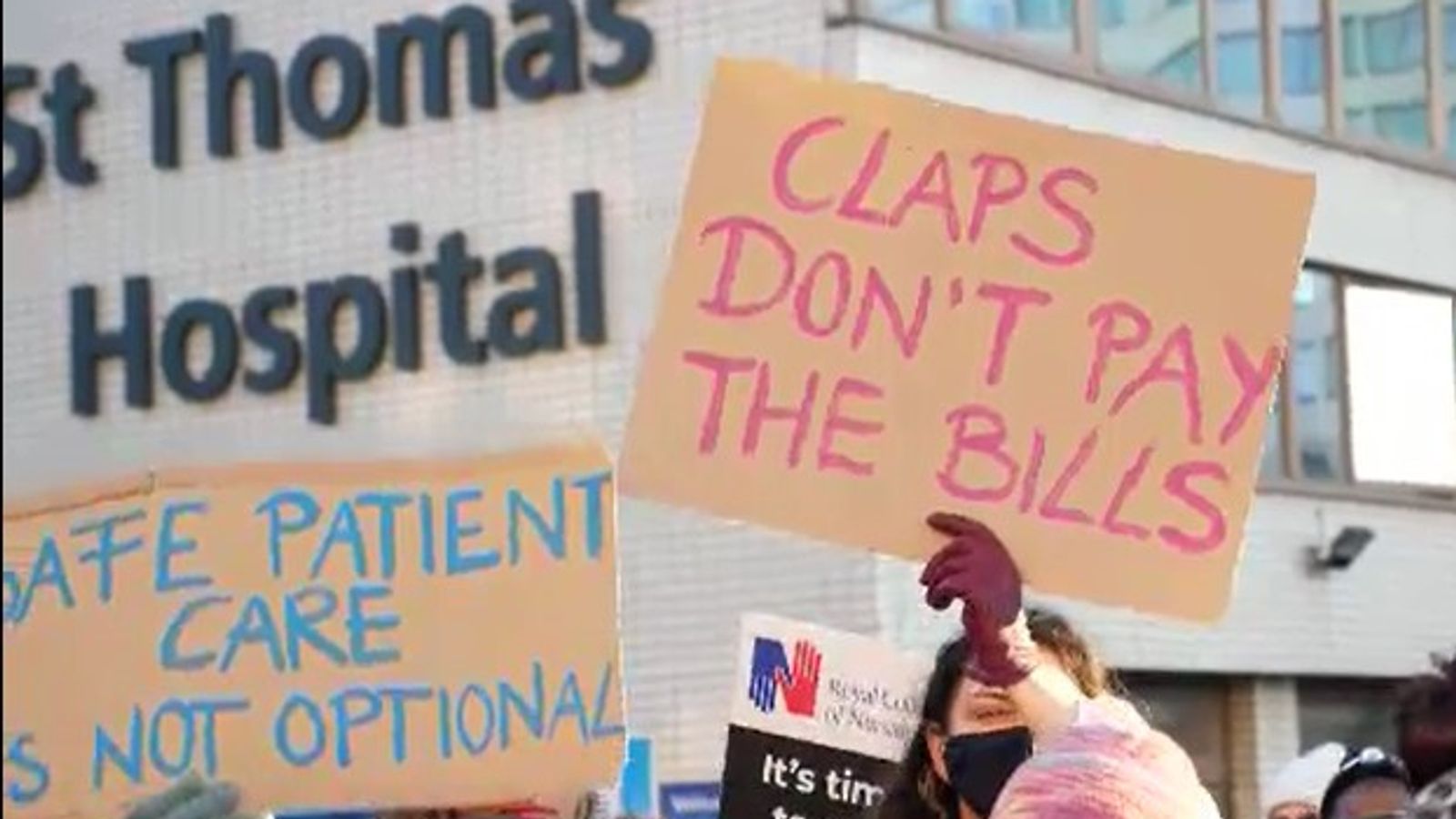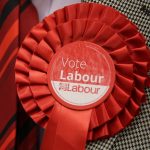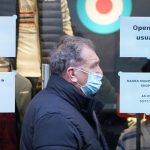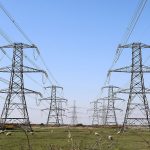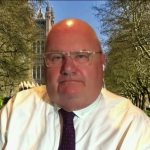A government minister has appealed to the public sector not to carry out further strikes, saying it would be “an act of self-harm” for the economy.
Speaking to Sky News, Robert Jenrick said international factors are “beginning tentatively to work in the right direction”, with energy and fuel prices starting to fall.
But he said it would be “the worst thing that we could do” if the government met the demands of trade unions to increase pay by double-figures, claiming it would “entrench inflation in the British economy and get into a kind of wage spiral that would be very detrimental to the economy”.
Politics live: Health secretary tells nurses pay rise would mean ‘cutting patient care’
The minister’s remarks come as thousands of nurses stage their latest walkout in England in an increasingly bitter battle with the government.
Nursing staff from more than 55 NHS trusts will take part in industrial action today, with two further strikes to be held next month, as the Royal College of Nursing continues to fight for a 5% above inflation pay rise – though it has hinted it will accept a lower offer.
Head of the union Pat Cullen, said: “People aren’t dying because nurses are striking. Nurses are striking because people are dying.”
Thousands of Environment Agency staff across England are also taking industrial action today, including river inspectors, flood forecasting officers, coastal risk management officers, sewage plant attendants and staff at the Thames Barrier.
Mr Jenrick spoke to Kay Burley as the latest inflation figures for the UK were announced – easing slightly from 10.7% in November to 10.5%
“We want to be as reasonable as possible,” he said. “[Health secretary] Steve Barclay and other ministers have been meeting with union representatives to talk to them to see if there are ways forward to discuss next year’s pay settlement and set out arguments on affordability there.
“But I think what you see with inflation today means that if the international factors are beginning tentatively to work in the right direction, the worst thing that we could do domestically would be to significantly increase public sector pay and then entrench inflation in the British economy and get into a kind of wage spiral that would be very detrimental to the economy.”
Asked what his message to public sector unions would be when it comes to further strike action, the minister said: “Think about the impact that is going to have on working people across the country and on the economy.
“We know that times are difficult right now. What we don’t want to see is the economy harmed by an act of self-harm, by further strike action that makes it harder to get to work, to cross the border and of course, to get access to crucial public services.”
But Ms Cullen told the BBC: “We can either have our focus totally on balancing the books or we can continue to respect and treat this NHS as it should be for every single patient right throughout the country.
“We have to address the crisis within the NHS. You will only do that by paying nurses a decent wage and filling the 47,000 unfilled posts that our nurses are feeling every single day missing from the health service.”
More strikes are coming down the line, with coordinated industrial action planned by teachers, train drivers and civil servants on 1 February.
Sky News is hosting a debate on the future of the NHS, live from University Hospital Coventry, on Thursday 26 January. If you would like to be a member of the live studio audience please apply here.
If you are an NHS worker and would like to share your experiences with us anonymously, please email [email protected]
